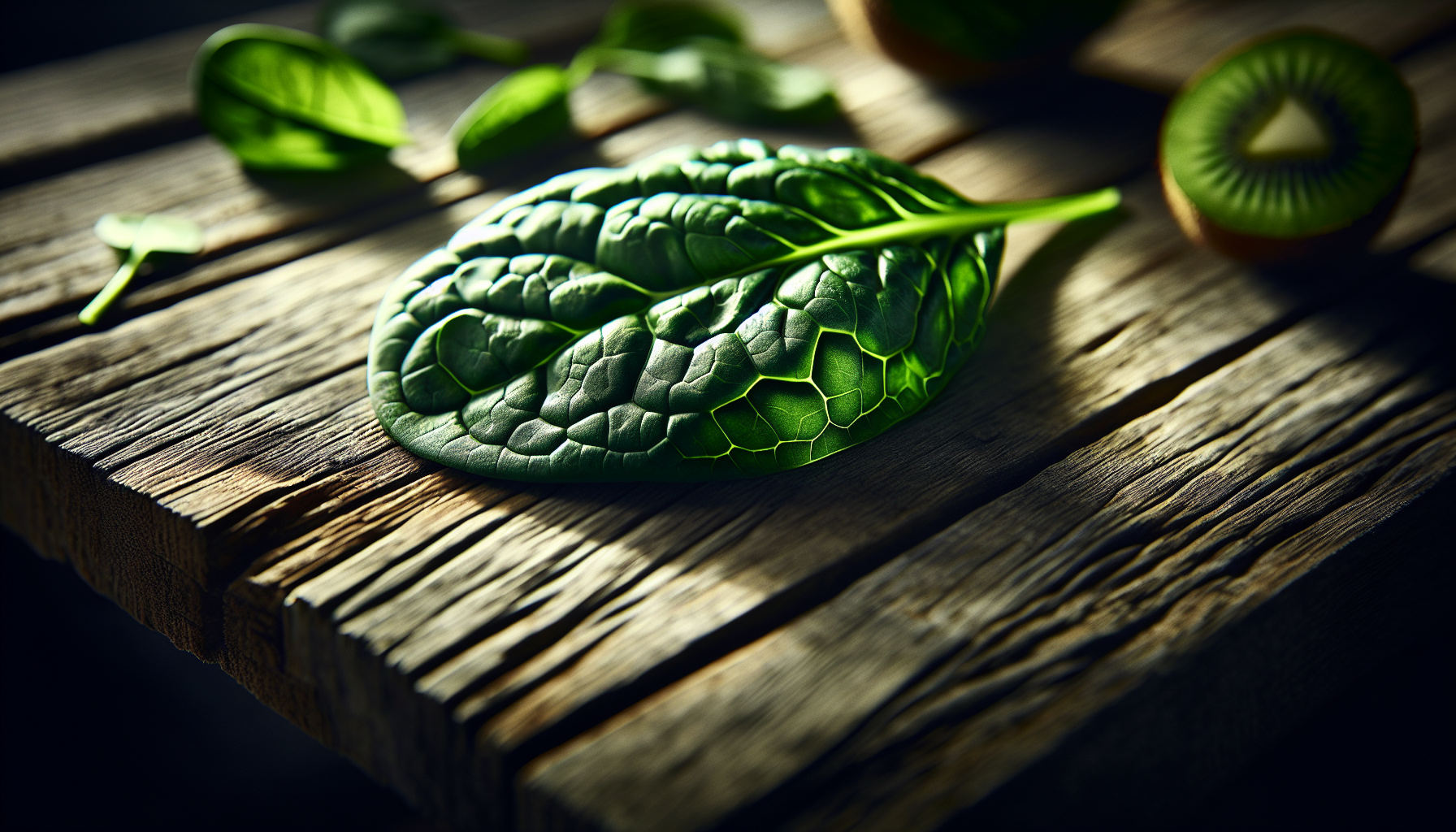Have you ever wondered how your body deals with certain compounds in foods, especially ones that can create a fuss like dietary oxalates? It’s fascinating how our intestines handle these substances while juggling the daily demands of nutrient absorption and maintaining overall health.
Understanding Oxalates: The Basics
Oxalates are organic acids commonly found in many plants. They may sound innocuous, but they can create issues if consumed in large quantities. Foods like spinach, beets, nuts, and tea are known to carry significant amounts of oxalates. For you, consuming them occasionally isn’t a problem—unless you hit that higher intake. Then, things can get tricky.
Why Worry About Oxalates?
Whether you’re a health enthusiast or just someone curious about nutrition, oxalates can be a hot topic. They’re notorious for binding with calcium and forming crystals, which can develop into kidney stones in some individuals. If you’ve ever dealt with that kind of discomfort, you know it’s nothing to take lightly.
But before you start panicking, it’s important to recognize that not everyone experiences issues with oxalates. Your body has a plethora of mechanisms to handle these compounds.
The Gut: An Overview
To understand how your gut detoxifies dietary oxalates, it’s crucial to appreciate what the gut actually does. Your gut is not just a long tube that digests food; it’s a complex ecosystem home to trillions of microbes, enzymes, and cells. It plays a vital role in detoxification, immune function, and nutrient absorption.
The Role of Gut Microbiota
The microbiota residing in your gut can significantly impact how your body processes oxalates. Some bacteria are capable of reducing oxalate levels through a process called degradation. By eating a diverse diet rich in fibers and fermented foods, you can help these beneficial microbes thrive.
How the Detoxification Process Works
When you consume foods high in oxalates, the journey begins in your digestive tract. As the oxalates travel through your system, various factors come into play that can affect how they’re processed.
Absorption and Oxalate Levels
Most dietary oxalates are absorbed in the small intestine. However, the extent of absorption can vary from person to person due to factors like diet, genetics, and gut health. If you have a healthy gut with a flourishing microbiota, your body is more equipped to manage higher oxalate levels without converting them into detrimental compounds.
Role of the Kidneys
If your gut absorbs excess oxalates, your kidneys will step in. They filter the blood and help eliminate waste, including oxalates. However, if you’re consuming too many oxalates and not enough fluids, you could be setting yourself up for kidney stones. It’s a delicate balance that requires attention.
Factors Influencing Oxalate Detoxification
Dietary Composition
What you eat can significantly affect how your body handles oxalates. A diet high in calcium can bind with oxalates, reducing their absorption. Likewise, a diet rich in magnesium helps neutralize oxalates and minimizes the risk of crystal formation.
Hydration
Staying hydrated is essential for facilitating detoxification processes in your body. Adequate water intake helps your kidneys effectively filter out waste, including oxalates. Drinking water also helps dilute the oxalate concentration, making it easier for your body to handle them.
Gut Health
An optimal gut environment is crucial for efficient oxalate detoxification. If your gut microbiome is unbalanced or you’re facing gut disorders like irritable bowel syndrome or dysbiosis, your body may struggle to handle dietary oxalates effectively.
Beneficial Bacteria and Oxalate Degradation
Certain types of bacteria in your gut, like Oxalobacter formigenes, specialize in breaking down oxalates. These bacteria thrive on oxalates and help in detoxifying them, playing a key role in your body’s defense mechanism. Promoting the growth of these helpful bacteria could be beneficial.
Probiotics: Your Allies
Incorporating probiotics into your diet can boost the presence of beneficial bacteria that help degrade oxalates. Foods like yogurt, kefir, and fermented vegetables serve as effective sources of probiotics. When you nourish your gut, you empower it to handle more challenging substances like oxalates.
Tips for Managing Oxalate Intake
While it’s nearly impossible to completely eliminate oxalates from your diet, you can manage their intake. Learning how to balance oxalate-rich foods with those that counteract them can be key to maintaining your health.
Balanced Diet
Focus on a balanced diet that incorporates a variety of foods. Include low-oxalate vegetables like cauliflower, cabbage, and zucchini, and combine them with calcium-rich foods to minimize net oxalate absorption.
| Food Category | High Oxalate Foods | Low Oxalate Foods |
|---|---|---|
| Vegetables | Spinach, Beets | Broccoli, Cabbage |
| Fruits | Raspberries, Kiwi | Apples, Bananas |
| Nuts | Almonds, Cashews | Walnuts, Peanuts |
| Grains | Quinoa, Amaranth | Rice, Oats |
Cooking Techniques
Certain cooking methods can reduce the oxalate content in food. Boiling vegetables and discarding the water can significantly lower oxalate levels. Steaming is another effective method that retains nutrients while minimizing harmful substances.
Recognizing Symptoms of Oxalate Sensitivity
If you suspect you may be sensitive to oxalates, it’s essential to recognize the signs.
Common Symptoms
Pay attention if you experience:
- Kidney Pain: Especially when urinating or after drinking certain beverages
- Joint Pain: Discomfort may manifest after consumption of high-oxalate foods
- Digestive Issues: Such as bloating, gas, or diarrhea
If any of these symptoms arise, consider evaluating your diet and consulting with a healthcare professional.
Consulting a Healthcare Professional
Taking control of your health can sometimes require professional insight. If dietary oxalates are a concern, scheduling a visit with a dietitian or a healthcare provider can help tailor a plan specific to your needs.
Food Sensitivity Testing
In some cases, food sensitivity testing may provide valuable information. Understanding how your body reacts to certain foods can guide you in adjusting your diet effectively.

The Importance of Self-Monitoring
Keeping a food diary can be a simple yet effective way to identify patterns in your health. Track what you eat alongside any symptoms you experience, and soon, you may find correlations that can guide your dietary choices.
Conclusion
Understanding how your gut detoxifies dietary oxalates can empower you to make informed choices about your health. By recognizing the role of gut microbiota, hydration, and balanced nutrition, you can better manage your oxalate intake. Remember, it’s all about balance—and paying attention to how your body responds. Your gut is more capable than you may think, and with the right knowledge, you can nurture your health from the inside out.





